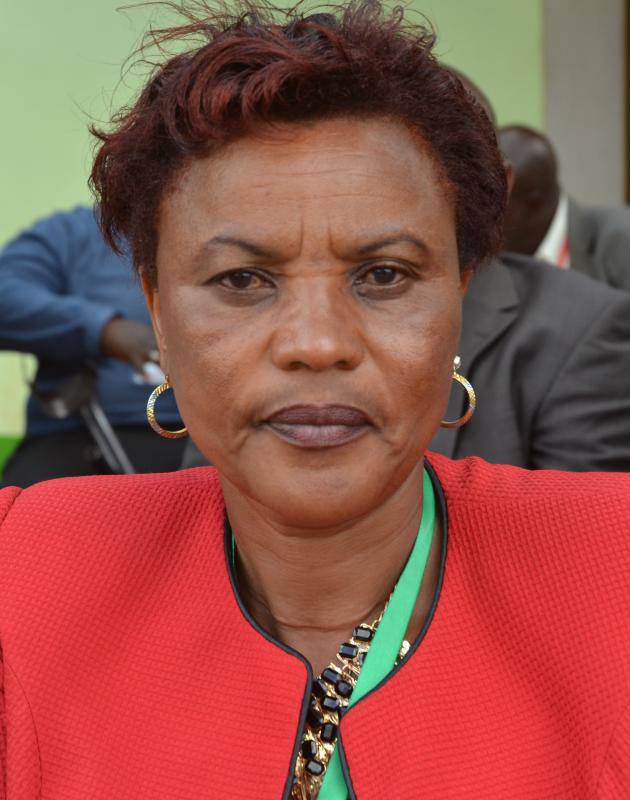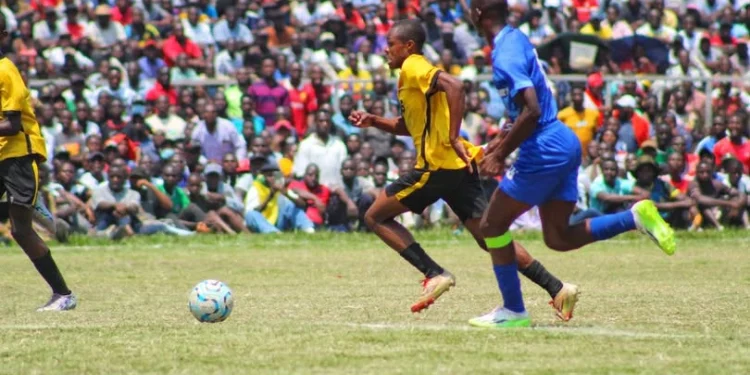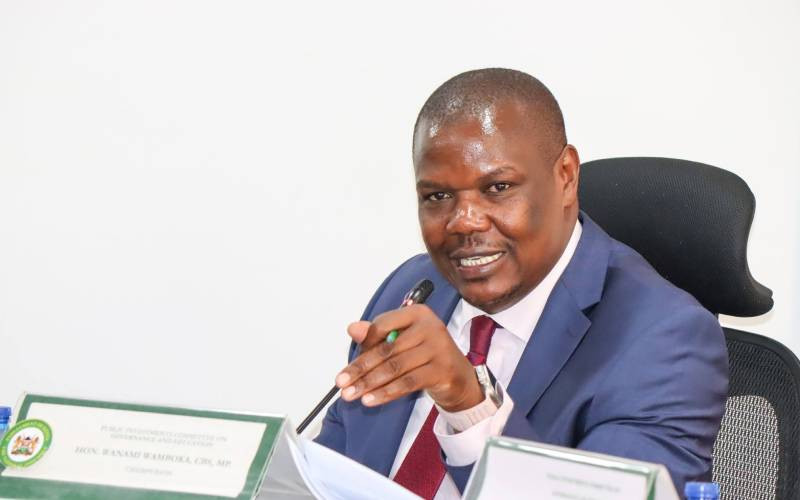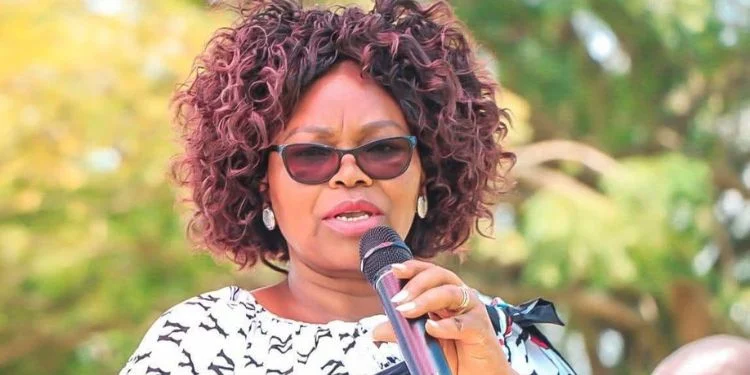Teen pregnancies in Meru have had leaders worried as the numbers surge to top national data ratings, raising the alarm that the county now has overtaken others that have perennially suffered ridicule.
The concerns emerged after it was established that Meru holds the unenviable position as the county with the highest number of teen pregnancies in the country, leaders blaming it on policing, drug abuse and parental negligence.
They also partly attribute the problem to culture, female genital mutilation, economic vulnerability and social influence, among other factors.
For example, it is considered a taboo for parents to talk to their daughters about sex, leaving the girls to wander on their own without any guidance.
It is a sorry state of affairs; Nyambene Sub-county Hospital Officer-in-Charge Dr Githu Wachira revealed that out of 500 deliveries per month, teens account for 40 per cent of that number.
“The youngest we have had in the recent past is a 12-year old,” said Dr Wachira.
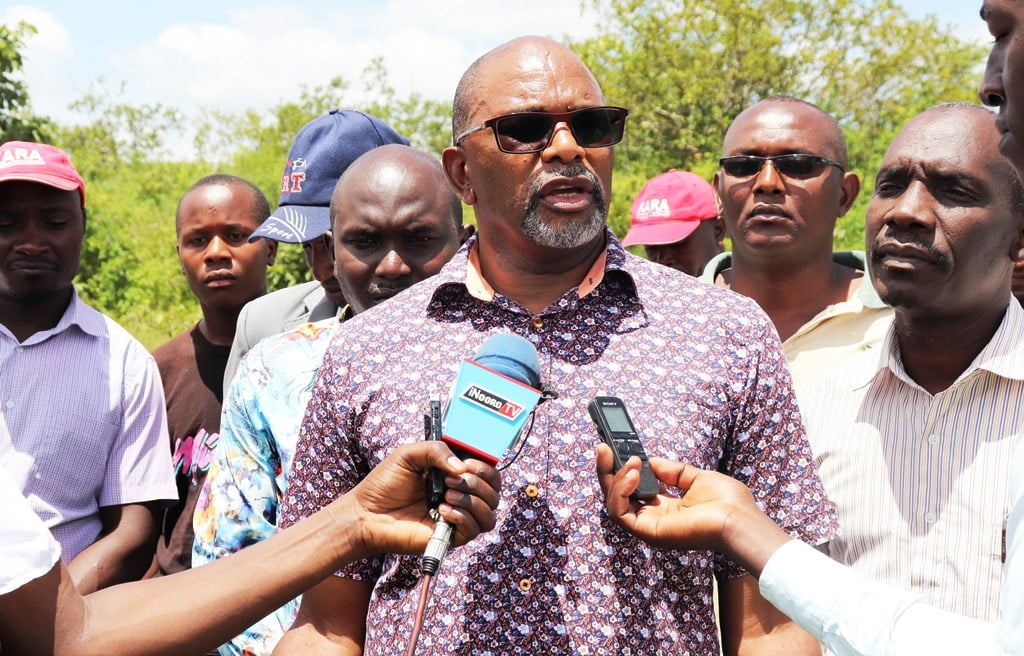
It has led to high rates of school dropout among teenage girls, with some leaving school as early as Grade 6 at the age of 12 years.
In Igembe North, out of 100 pregnant women attended to at hospitals, 35.2 per cent were girls aged between 10 and 19. In Tigania West, it was 39.6 per cent, Tigania Central 41.6, Igembe Central 37.1, Igembe South 26.5, Imenti Central 19.5, Imenti North 14.9, Imenti South 20.3, and 13.2 in Buuri East.
“We are in a crisis. It is traumatizing even to the nurses. Can you imagine delivering a 10-year old? Last year, data from the Kenya Health Information System showed a total of 6,110 pregnancies were among adolescents aged between 10 to 14 years. This is not okay,” stated Denis Mbithi, the National Nurses Association of Kenya (NNAK) Vice President.
He said NNAK is positioning nurses to be advocates of policies that support mitigation of early and unwanted pregnancies, expanding access to family planning methods to young people, and advocating for prevention.
“The key drivers of the numerous teen pregnancies in Meru are drug abuse and economic issues. Culture is also a contributing factor, particularly one referred to as Giciaro. This is an old brotherhood covenant, which is now wrongly used to protect perpetrators of these crimes. These arrangements are done within the family, but the one who suffers is the child,” he said.
Meru County Child and Adolescent Health Coordinator George Taitumu said the reduction in the number of teen pregnancies last year was as a result of a multi-stakeholder intervention that brought together the health department, Njuri Ncheke, community-based organizations, boda boda operators, Saccos, and school managements.
He added that teen pregnancies and school dropout have been a trend in the Igembe region for years.
YOU MAY ALSO READ:
Senator accuses auditors of collecting bribes from schools to clean records
“In Igembe North, one factor which has contributed to teen pregnancies is culture. Parents are not able to speak to young girls, so they are left to explore the world on their own. They are not able to get proper guidance from their parents,” he said.
Area MP Dorothy Muthoni cited dysfunctional families, peer pressure and drought as among other factors that contribute to the menace.
The legislator recommended comprehensive sex education before and after school to drive home the point and keep them reminded of the lessons they need to learn.
“Empower teenagers with accurate information about sexuality, reproductive health and responsible decision-making regarding both abstinence and safe sex practices. Although sex education is taught in schools, it is not enough to address the crisis that is before us,” she said.
Njuri Ncheke Supreme Council of Ameru Elders Secretary General Josphat Murangiri said parents are at the centre of the crisis.
“The parents are not close to their children. They are busy looking for money so the child is left to run her things alone,” Murangiri said.
By John Majau
Get more stories from our website: Education News
To write to us or offer feedback, you can reach us at: editor@educationnews.co.ke
You can also follow our social media pages on Twitter: Education News KE and Facebook: Education News Newspaper for timely updates.
>>> Click here to stay up-to-date with trending regional stories


